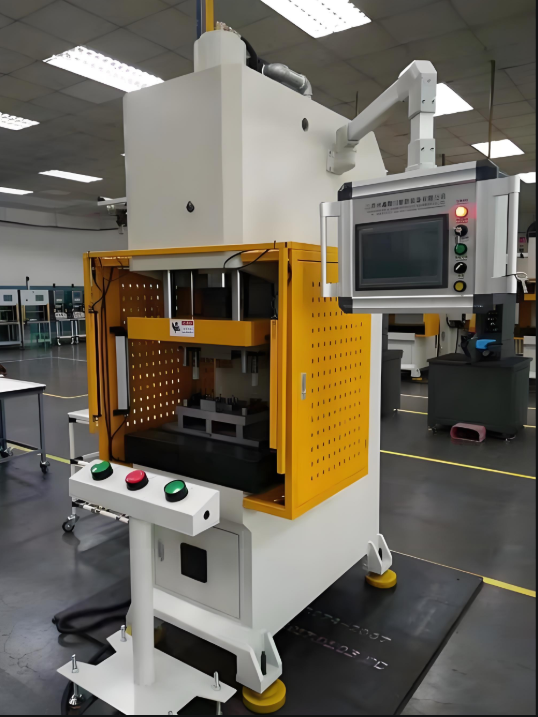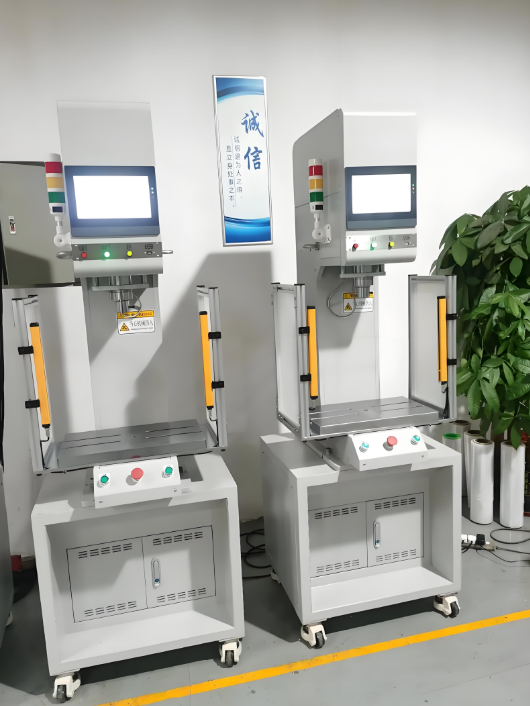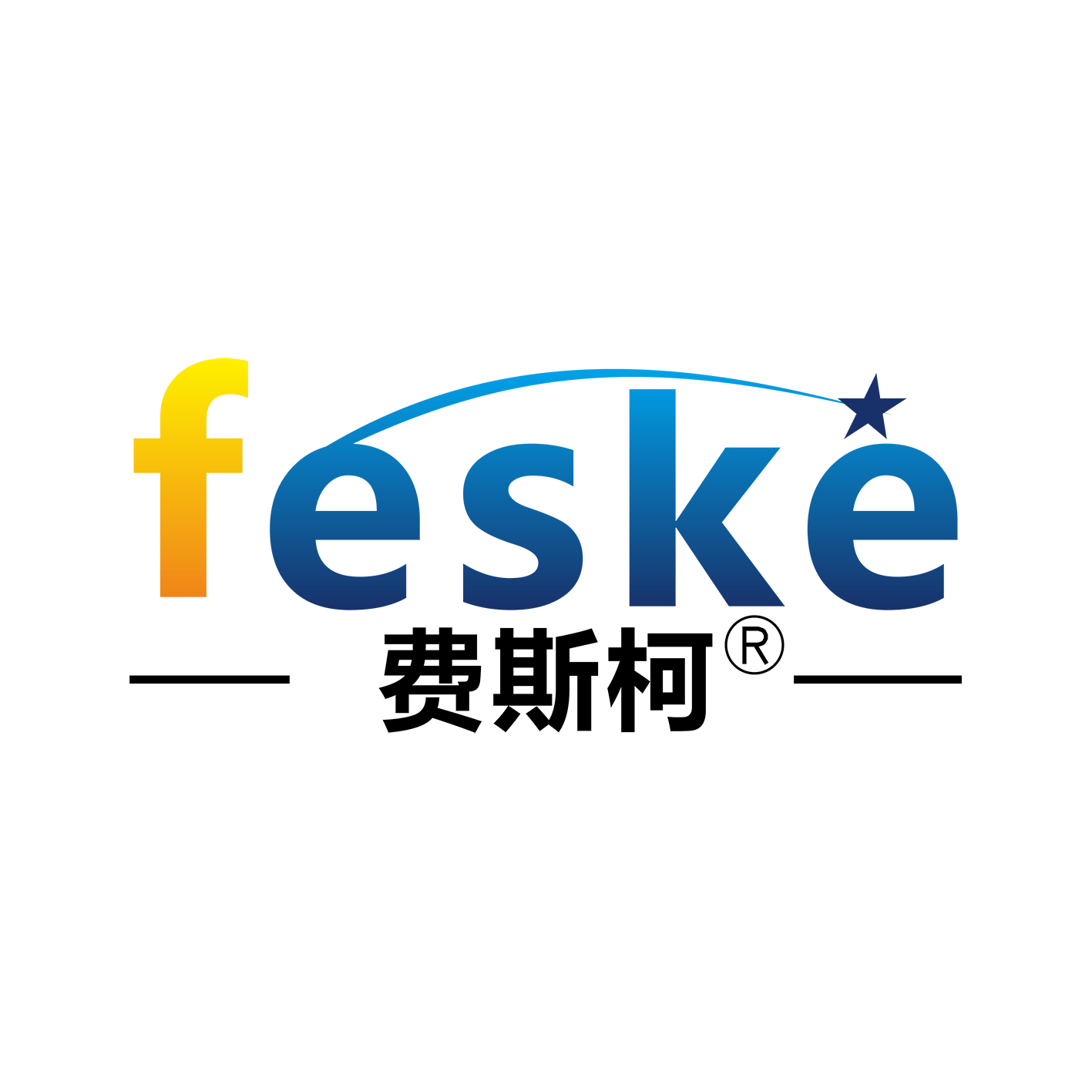With the accelerated penetration of Industry 4.0 and intelligent manufacturing, servo presses are becoming the "hidden champions" of automated production lines. According to the "2025 China High end Equipment White Paper", it is predicted that the global servo press market size will exceed 80 billion yuan by 2030, with a compound annual growth rate of 12.3%. Behind this growth is the rigid demand for precision press fit technology in high-end fields such as new energy batteries, semiconductor packaging, and aerospace.

Technological breakthroughs light up three major trends
AI+IoT deep integration: The new generation of servo presses uses built-in sensors to collect real-time pressure displacement curves, combined with machine learning algorithms to achieve process parameter self optimization, resulting in a 30% increase in yield rate.
Modular flexible upgrade: adopting standardized interface design, supporting rapid mold change and multi process integration. For example, a certain automotive company's motor assembly line achieved a 70% reduction in mold change time through modular transformation.
New green energy-saving standard: Compared with traditional hydraulic equipment, servo direct drive technology can reduce energy consumption by more than 45%, which meets the requirements of the latest EU Industrial Energy Efficiency Directive II.

Continuous fission of application scenarios
In the production of 4680 large cylindrical batteries, servo pressing technology with a precision of 0.1 μ m has become the key to breaking through the bottleneck of mass production
In the field of medical orthopedic implant manufacturing, a multi axis linkage press achieves precise molding of biomimetic microporous structures
The consumer electronics industry combines servo presses with visual inspection, and Apple's supply chain has achieved real-time defect interception
The localization process is accelerating
Domestic leading enterprises such as Estun and Huichuan Technology have gradually replaced imported brands such as Bosch Rexroth by overcoming bottleneck technologies such as high-precision encoders and anti-interference control systems. In 2024, the market share of domestically produced servo presses in the 3C field has reached 58%, and it is expected to achieve large-scale application in the automotive parts field by 2025.
conclusion
In the next five years, servo presses will no longer be a single device, but the nerve endings of intelligent manufacturing systems, "said the Expert Committee of the China Machinery Industry Federation. With the support of technologies such as digital twins and 5G remote operation and maintenance, this innovation about "precision" and "efficiency" is restructuring the underlying logic of the manufacturing industry.


